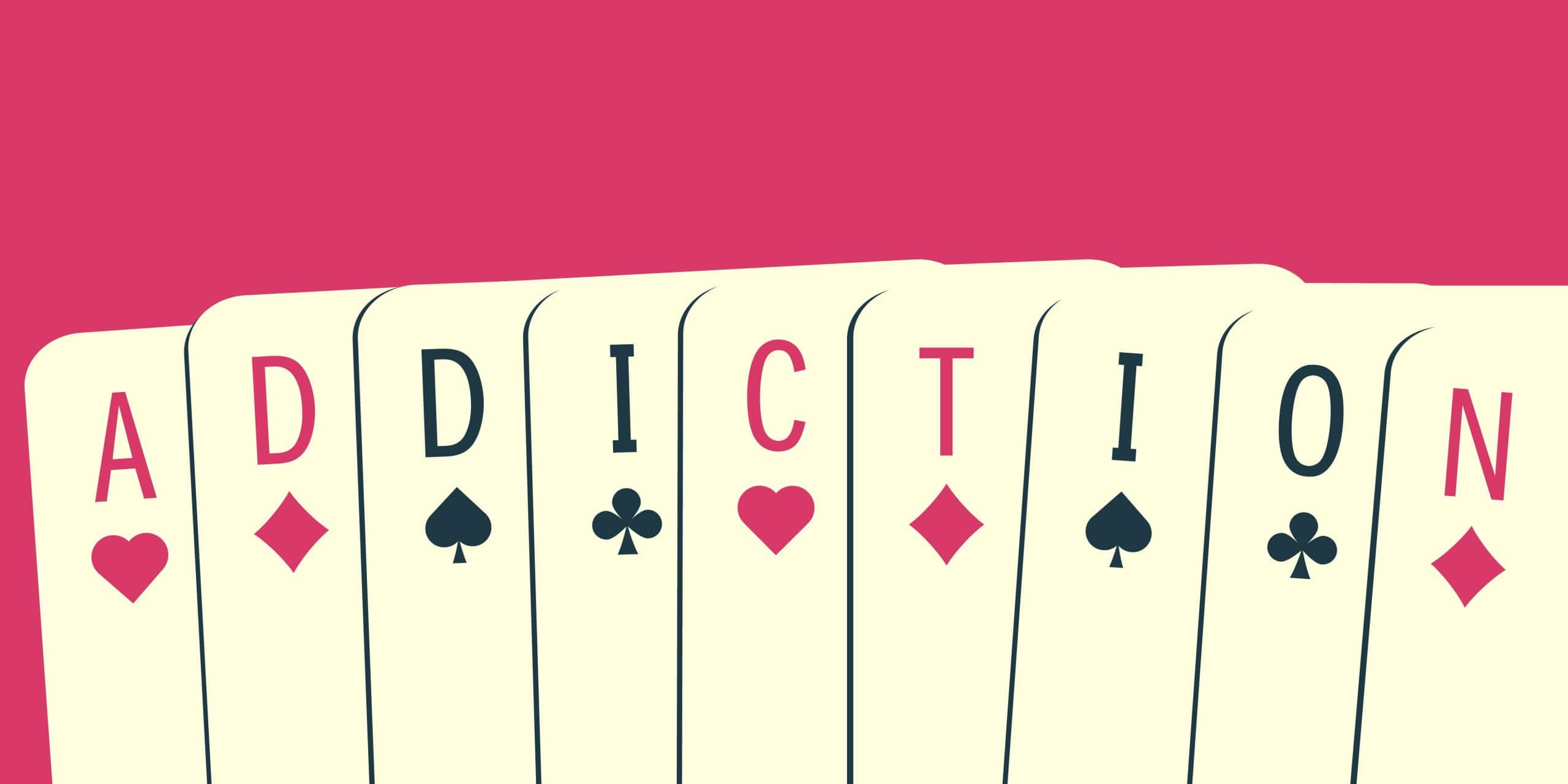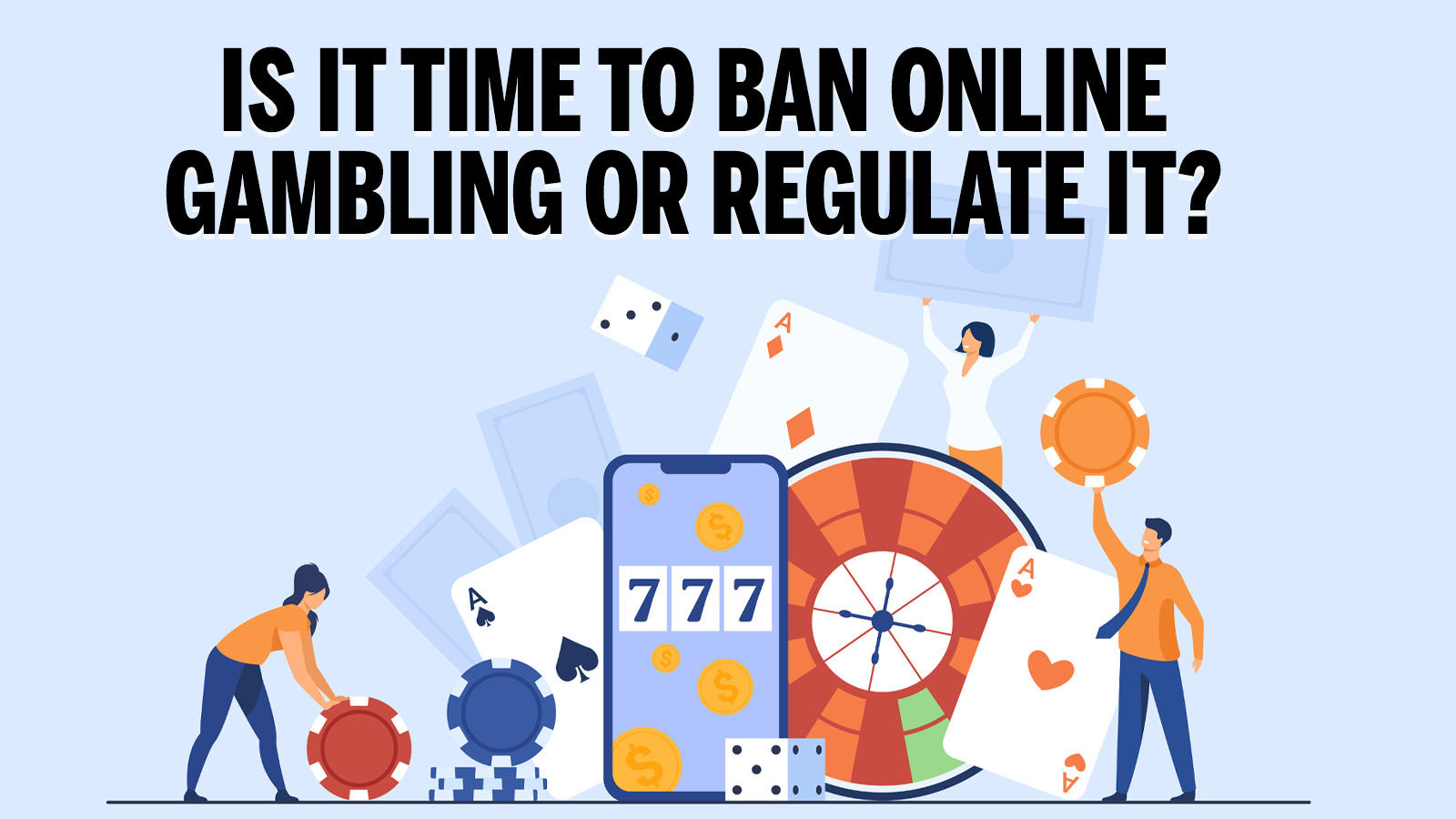Gambling Effects On Mental Health
Let’s discuss the mental effects gambling could have on these two types of people. Effects of moderate or sensible gambling on mental health. Gambling can help to increase your focus and mental alertness. Gambling involve strategies and tricks. A moderate gambler is under no pressure or form of compulsion. Problem gambling is often associated with mental health problems, including depression, anxiety, and mood disorders. Gambling problems don’t just affect mental health. People who have struggled with gambling benefit greatly from treatment and often also need family counseling and financial coaching to fully recover. Gambling disorders are typically accompanied by multiple social, psychological, mental health and financial issues, all of which impact the individuals’ mental health and athletic performance. Only a few studies have assessed short-term and long-term effects of problem gambling among elite athletes.
- Gambling Effects On Mental Health Issues
- Gambling Effects On Mental Health Disparities
- Gambling Effects On Mental Health Insurance

Gambling addiction has featured prominently in the news recently. While it’s not usually considered a public health issue, but in the wake of the tragic events in Las Vegas, many experts have asked what role gambling addiction might have played in the tragedy.
In a 2013 court testimony, Stephen Paddock – the Vegas shooter, described himself as nocturnal, and exhibited an inflated sense of self-worth, referring to himself as the ‘biggest video poker player in the world.’ Whether or not Stephen Paddock had a problem with gambling is not up for debate, but the role his addiction played in the events that transpired on October 1st is worth investigating.
According to psychologist Dr. Phil Kronk, “individuals addicted to gambling often have a co-existing personality disorder.” Studies have also shown a link between post-traumatic stress disorder and gambling addiction. PTSD symptoms affect anywhere from 12.5 to 29 percent of problem gamblers. A further shocking link between gambling and mental health shows 5% of all suicides in the USA are related to compulsive gambling, as are 17% of emergency room admissions for attempted suicides.
Gambling addiction often disproportionately affects already at-risk groups, including those suffering from feelings of depression and anxiety, and those already engaging in risky behaviours, such as alcohol abuse or drug use. In fact, studies have shown there is a clear connection between men and women who suffer from alcohol abuse and the likelihood of developing a compulsive gambling disorder.
Casinos, slot machines and gambling advertisements are all designed to take advantage of the psychological conditioning which is a huge part of gambling addiction. The process of repetition and reward brought about by our actions releases dopamine in the brain, the same thing that keeps users addicted to hard drugs like cocaine. Even a “near-miss” on a slot machine triggers the same areas in your brain as if you had won, helping keep players hooked. It’s predicted that 1 in 8 people who gamble will develop an addiction.
Put simply, gambling is a drug-free addiction. Even though there is no external chemical at work on the brain, the same neurological and physiological reactions are occurring. When interviewed, gambling addicts liken the experience to high produced by drugs. Like drug addicts, people suffering with gambling addiction develop a tolerance, when they can’t gamble or try to stop, they also exhibit the same signs of withdrawal; headaches, insomnia, panic attacks, anxiety, heart palpitations.
At a recent conference in China, Professor Bo J. Bernhard, executive director of the UNLV International Gaming Institute highlighted the dangers of ‘convenience gambling’ in bars and retail shopping districts, in comparison to heavily tourist-focused resorts like those found in Las Vegas. “Take Japan and its Pachinko parlors for example. Lots of machines, but no tourism and no job creation.” Bernhard said.
A recent survey by the Japanese government backs up the claim, it’s findings reported around 3.2 million Japanese have likely suffered from gambling addiction, and pachinko accounted for the most money spent on gambling, at an average of 58,000 yen per month.
Worldwide, the statistics are alarming. It’s estimated there are around 400,000 problem gamblers in the United Kingdom. Approximately 3 to 4 million American’s have a gambling problem.
Australia has seen the effects of convenience gambling on communities as well, a 2016 Government study illustrated the cost of pokie machines on families within the country’s poorer suburbs.

The problem is also affecting younger people in larger numbers, a 2010 US survey by the Annenberg Public Policy Center indicated that the that the monthly use of mobile gambling sites among male college students had increased to 16%. A 2008 survey by the University of Buffalo’s Research Institute found that as many as 750,000 young people, between the ages of 14 and 21 had a gambling addiction in the US alone.
According to some experts, part of the problem lies in the ease of access that the internet has brought about. In the United Kingdom, the National Problem Gambling Clinic (NPGC) said 63% of its patients struggled with mobile gambling in 2016-17, compared to just 24% in 2013. Now, someone suffering from a gambling addiction can access a casino online from their computer or mobile device. Making it even easier for those trying to recover, to relapse.
Online gambling can be particularly difficult to monitor and has begun to infiltrate other forms of online-gaming. Take for example, e-sports betting – that’s placing bets on professionals playing computer games in front of live audiences. Or even ‘skins’ betting, roulette-style games on third-party sites that allow users to bet on the real-world value of in-game bonuses such as ‘skins’ for weapons and avatars. While this sort of gambling might initially seem innocent, the fact of the matter is it still activates the same dopamine receptors within the brain that are responsible for addictive behavior.
So far it seems education is the best way to tackle the scourge of gambling addiction, recent research from the University of Waterloo showed that rookie gamblers who were shown a short video about the ways slot machines disguise losses as wins had a better chance of avoiding developing an addictive behavior.
Approaching problem gambling as a health issue must also include the cooperation of medical professionals. General practitioners will routinely ask patients about smoking, drinking, even drug-use to make a diagnosis, yet gambling is not something that is often discussed. Changing the perception of gambling addiction as a health issue, the same as any other addiction, could go a long way towards minimizing the harm that it can cause.
Of all the things important in the world, money comes up in the first place. Being pivotal support for everyday survival, individuals often look for opportunities beyond the regular job to earn extra and supplement their incomes. One of the lucrative ones offering such extra cash is gambling.
Gambling is one of the popular games found in both online and offline interfaces. Various competitions related to it are organized regularly, with the sole aim of offering huge jackpots for the win and staying up when compared to the other players. But, the cycle is not as good as it seems. In other words, gambling brings with itself an addiction that cannot be stopped easily. The upcoming content speaks in detail about the same and how do people fall into the trap of non gamastop no deposit bonus.
Balancing the effects
Every activity in the world has two sides to it. Something similar is in the case of gambling. It can be categorized into two parts for easy reference:
Gambling Effects On Mental Health Issues
- Moderate gambling, where the players enter into the arena occasionally and then play strategically to earn a hefty jackpot. Post this, they go under hibernation for many days until they get the urge to restart the game.

Gambling Effects On Mental Health Disparities
- Heavy gambling, where the players enter regularly and devote their entire time to the games. For them, win/loss is a deciding factor of the future and maintains the equilibrium between other aspects of life.
Therefore, based on the category in which an individual falls, the effects of gambling on mental health varies. For the former, it has good effects, whereas in the latter case, it causes more harm than the good.
The positive effects of moderate gambling

If any player enters sensibly into non gamastop no deposit bonus, then it will have positive effects on the mental health. The following points justify the fact:
- Since sensible gambling involves a good amount of strategies and planning, therefore it would improve the thinking and problem-solving abilities of the players. They learn to develop out of the box thinking and smart solutions even in the other aspects of life.
- It further aids in bringing up calculated decisions in life. Since in every step of gambling, the player has to judge the different odds of winning or losing, so it eventually learns the art of smart decisions. And even the speed of taking up such decisions become fast by many factors. You tend to make less risky decisions that do not affect you on an overall note.
- The neurological activity of the brain fastens up with sensible gambling. The mind starts judging everything in life from different perspectives and then calculates every point before reaching out to the final. Thus, the players start leading life on a different note and see it differently from the others.
All in one, sensible gambling brings out the best effects on mental health and allows you to stay one step ahead of other counterparts.
The negative effects of heavy gambling

But, the other side of the coin is not that great. With heavy gambling comes up a great deal of depression and a vicious cycle that eventually drains out the addict of financials and social responsibility. The following points support the claim:
- The first effect is depression. With heavy gambling comes up a series of losses that can drain out the money from the players. So they tend to get depressed after every loss and move up to bad habits to cope up with the losses.
- Gambling can also bring chronic stress and other neural disorders. When an individual keeps thinking about non gamastop no deposit bonus for 24/7, it starts losing to think about other things and bring the only focus on winning hefty amounts.
- The relationships with near and dear ones start deteriorating and it leads to alienation from society. The addicts prefer staying within the gambling circles rather than spending quality time with family members.
- The interest in other parts of life starts fading eventually and it becomes very dangerous in extreme conditions. Addiction leads to suicidal tendencies in the ned when you stop earning jackpots.
Gambling Effects On Mental Health Insurance
Thus, on an ending note, always stay within the bounds of sensible gambling and gain the full benefits out of those.